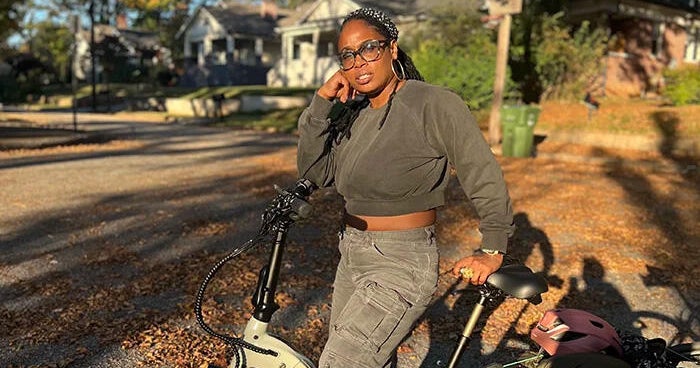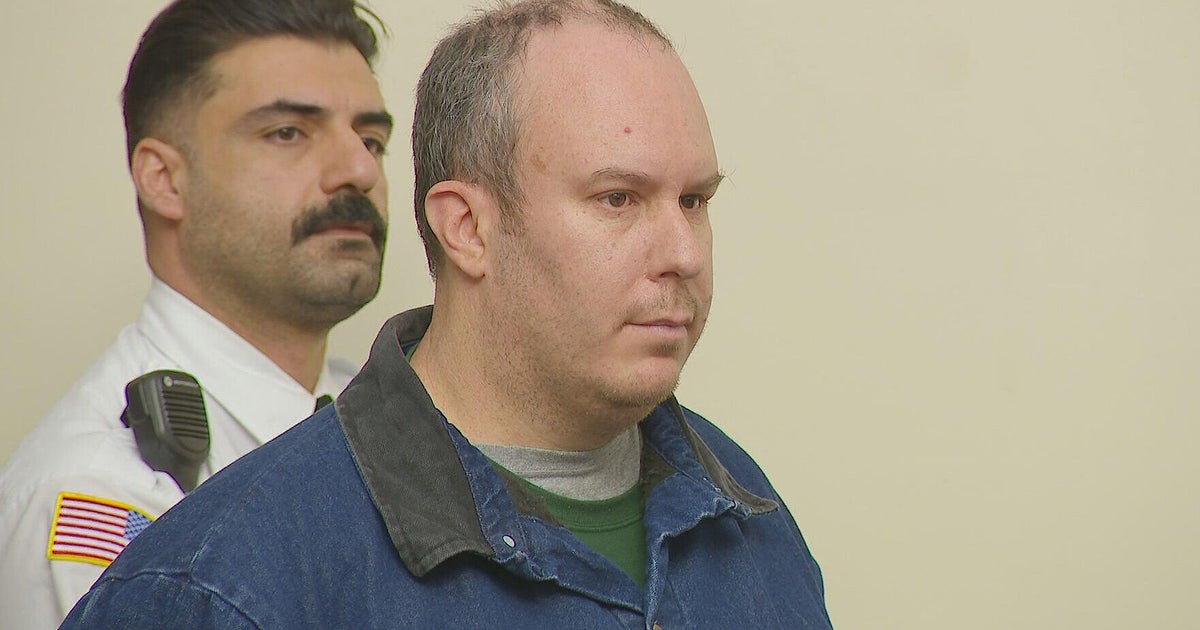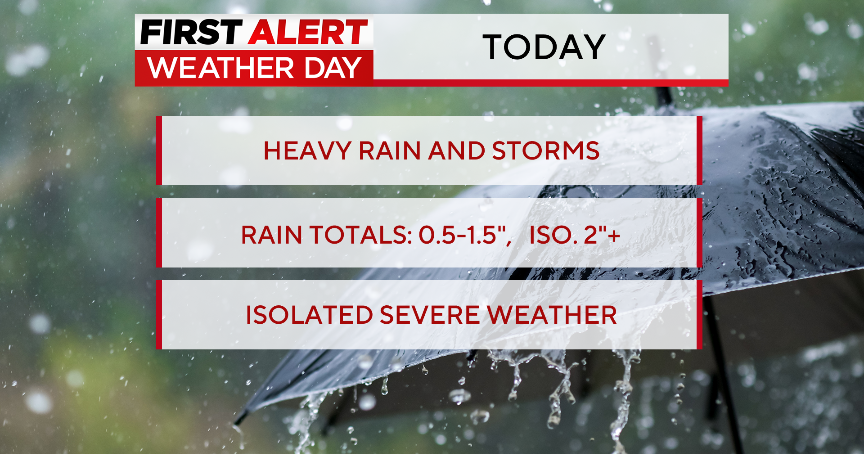Should Boston have a guaranteed basic income program?
BOSTON - Will Boston try a new approach to tackling poverty? The Boston City Council this week held a hearing to consider a guaranteed basic income program for its poorest residents.
City Councilor Kendra Lara, who sponsored Monday's hearing, is pushing for a pilot program aimed at "creating a pathway up from poverty for our most vulnerable constituents."
"It would not be universal," Lara said, referring to programs that give money to people regardless of income level. "It would be targeted, particularly to families who are living below the poverty rate."
Two members of Mayor Michelle Wu's administration testified at the hearing. They said there are currently no plans for cash payments, but they are looking into a guaranteed basic income program and other ways to help the roughly 18% of Boston residents who are living in poverty, and others who are just one paycheck away from falling into it.
"This is one of the tools that we are exploring," said Segun Idowu, Boston's chief of economic opportunity and inclusion. "We know there is no silver bullet to solving this problem, but it's going to take a collective effort to address poverty here in the city of Boston, a city of tremendous wealth."
What is guaranteed basic income?
Elijah Miller, who is director of policy for the city's office of economic opportunity and inclusion, explained that guaranteed basic income involves "routine cash payments that are often unconditional or with very limited conditions."
"The goal is get people the cash they need on a regular basis where it's predictable, it's reliable and allows people to improve their situations," he said.
He said the office is investigating how guaranteed income programs are performing in other parts of the country, and how exactly they are changing lives.
How would Boston pay for a guaranteed basic income program?
City Council president Ed Flynn said he doesn't think this is the right time to experiment with a program that requires a "tremendous amount of funding," and is instead focused on ensuring access to "good jobs and good wages" in Boston.
"We are in uncertain economic times. Businesses are concerned about our economic outlook," he said. "Our city needs to ensure that we provide basic city services and public safety for our constituents. I also believe that our city needs to prioritize paying better salaries for our city employees in order for us to find and maintain talent. All of this needs funding."
Proponents say that a pilot program could be paid for in part with philanthropic partners, nonprofits and contributions from universities and medical facilities in Boston, though there are questions about how sustainable long-term funding would be.
Lara said research has shown that poverty is linked to health risks like heart disease and diabetes that cost the city in other ways.
"As I keep hearing us talk about the cost and the expense of pulling people out of poverty, I want us to think about what is the expense of not pulling people out of poverty, and what does that cost our city?" she said. "We're already paying the cost of poverty. . . it's about making the decision how we want to pay it."
What kind of impact can guaranteed basic income programs have?
In California, the city of Stockton gave $500 per month to 125 residents with a median income of $46,000 a year. An analysis of the two-year program found that the regular payments made recipients more likely to secure a full-time job, and they saw improvements in their overall health and well-being.
Jessica Ridge, who works with the UpTogether organization to get financial support to families in need, said at the hearing that sending cash to those who need it most helped them feel happier and less stressed.
"People who receive guaranteed income spend their money on basic needs, their housing stability often increases or at least they worry less about being evicted. In some cases, home ownership becomes possible," she said.
While an extra infusion of cash may sound great, Councilor Liz Breadon raised concerns that a higher income could make recipients ineligible for existing programs designed to help families below the poverty line.
"That's a pretty important piece of the puzzle, make sure we don't jeopardize folks who are already getting some assistance," Breadon said.
Idowu responded that a guaranteed income program would need cooperation from state and potentially federal agencies to make sure residents don't fall off a "benefits cliff."
Have other Massachusetts cities tried guaranteed basic income programs?
In 2020, more than 2,200 households facing food insecurity in Chelsea were selected by lottery to receive $400 a month for nine months. A report from the Harvard Kennedy School found that 65% of the funds were spent on food and that the program "largely achieved its goals."
And in Cambridge, the city this year started giving $500 a month to 2,000 low-income families using American Rescue Plan Act funds to cover the $22 million program cost.
"We're about to send out the fifth round of checks," Michael Scarlett, chief of staff to Cambridge Mayor Sumbul Siddiqui, testified at the Boston City Council hearing. "The program has been really successful so far. We've been hearing from other cities around Massachusetts asking for advice for starting their own program."







